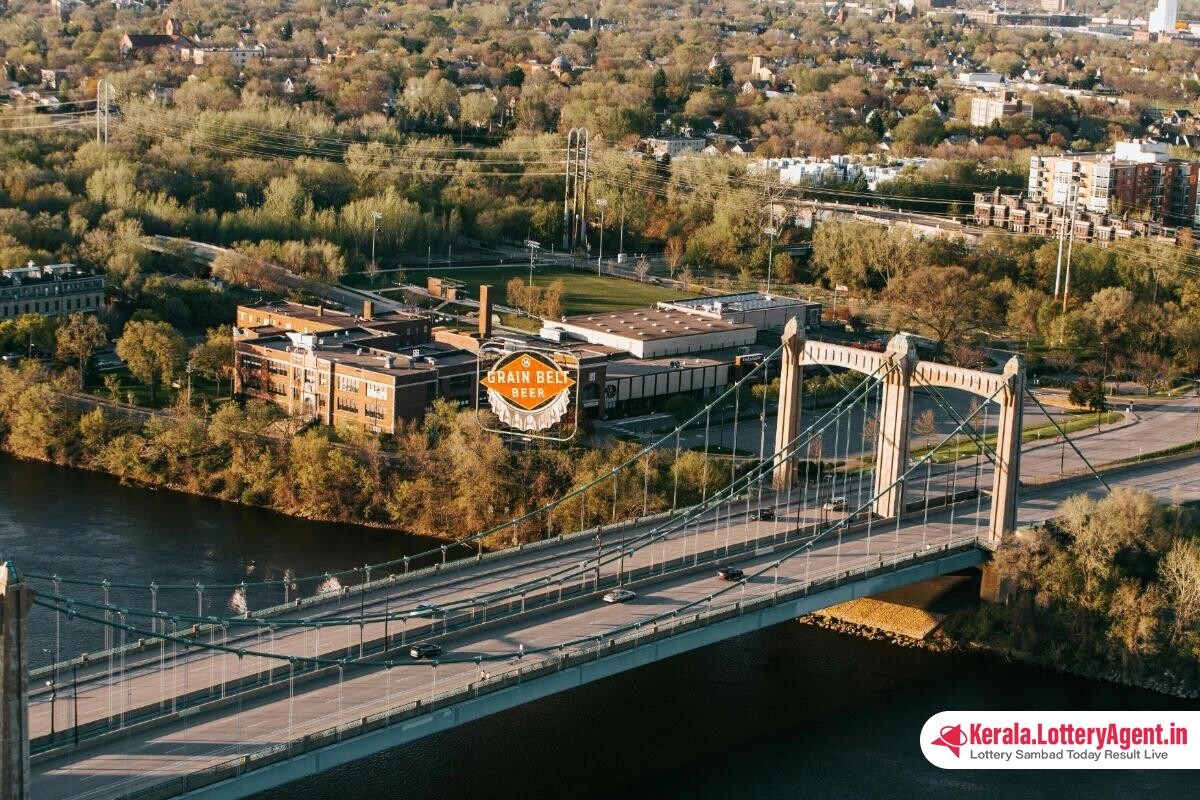
At the heart of Minnesota’s legislative session, a considerable effort led by Senator Matt Klein and Representative Zack Stephenson to steer statewide online mobile sports betting bills has encountered a significant roadblock. Initially, Stephenson harmonized interests between the tribal entities and charitable gaming sectors, tackling a long-standing impediment to legalized sports betting within the state.
However, the landscape changed unmistakably on the first of April when the Minnesota Racing Commission’s decision to permit historical horse racing (HHR) at horse tracks stirred controversy. Critics argue that such a move either infringes upon the tribes’ exclusive gaming rights or is outright illegal, given that HHR machines bear resemblance to slot machines and are widely considered games of chance—a domain reserved for tribal operators.
The reaction was swift and unequivocal. At an informational hearing on April 3 before the House Commerce Finance and Policy Committee, which he chairs, Stephenson emphatically stated, “I just want to be clear. In no universe will a bill leave this committee with historical horse racing.”
In the days that followed, action continued to escalate. Senator John Marty introduced a bill proposing a 40 percent tax on legal sports betting, outright banning HHR and in-game wagering, and earmarking substantial funds for problem gambling initiatives. In tandem, Stephenson modified his own betting bill and introduced separate legislation to explicitly ban HHR.
The Minnesota Indian Gaming Association (MIGA), closely monitoring each step of the sports betting bills’ advancement, expressed its most forceful objection following the Racing Commission’s decision. The stakes escalated as several Minnesota DFL House members unveiled a bill aiming to outlaw both HHR and electronic card games. Emphasizing the illegality of slot machines outside tribal lands, MIGA’s Executive Director Andy Platto signaled a strong opposition to any effort to implement the Racing Commission’s directive and left the door open for potential legal countermeasures.
The unfolding controversy underscores longstanding tensions between the desire to legalize sports betting in Minnesota and the protection of tribal gaming rights and sovereignty. The Minnesota horse racing industry’s struggle is not unique; in other states such as Illinois, Louisiana, and Massachusetts, the floundering sector has seen a boost from legalized sports betting, often incorporating on-site and digital wagering at tracks. However, Minnesota’s situation, with predominant tribal gaming interests, presents an uncharted challenge—how to integrate horse racing into the sports betting framework without impinging on tribal exclusivity.
Efforts to sustain the horse racing industry have included proposed compensation to the tracks, yet according to some within the legislature, the funds are insufficient. The stakes—both financially and politically—are high. A study commissioned by Minnesota’s horse tracks suggested that HHR could generate $5.9 million for purses and support other industry needs such as retired racehorse programs and state breeders’ funds.
With committee hearings held on April 8th and 9th to deliberate the new bills, the path forward for legalized sports betting in Minnesota remains fraught with complexity. The recent escalation of conflict, fueled by the decision to allow HHR, has not only heightened tensions but has likely made an intricate issue even thornier to resolve. As the state continues to be one of only a dozen without legalized sports betting, stakeholders, legislators, and Minnesotans alike await a resolution that can reconcile the diverse and competing interests at play.












